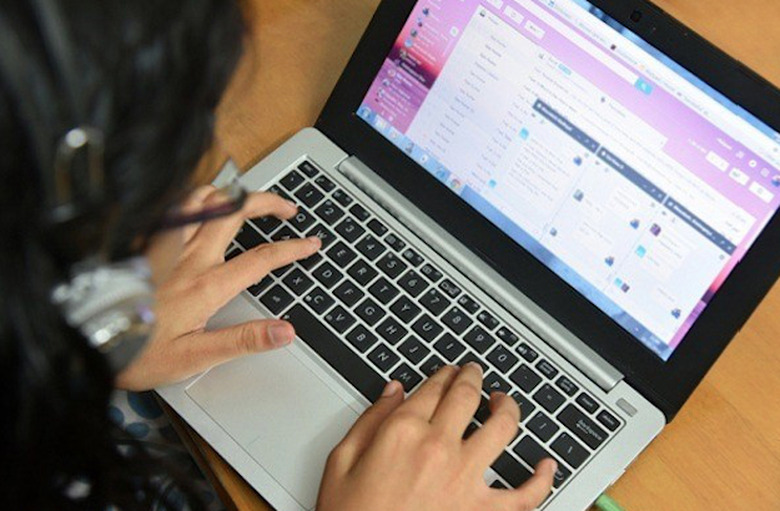Google's Newest Innovation Will Make Your Internet Feel Significantly Faster
You might not sense it immediately, but Google just made the internet faster. And you won't have to upgrade computers or internet subscriptions to take advantage of it. What the company did was to develop a new encoder for JPEG files that makes images 35% smaller than they used to be. The smaller the images, of which the web is filled with, the faster websites will load on your machine.
The new encoder is called Guetzli, Google announced, and it's already available over on Github as an open-source project. Google promises that it can create "high-quality JPEG images with file sizes 35 percent smaller than currently available methods."
A second practical effect of this Google innovation is the use of less data to load the same sites, which might be an important detail to internet users who browse the web on a smartphone via a capped data plan.
Google wants to increase load times without compromising image quality. In fact, Google says that Guetzli images are of higher quality than similar or larger JPEG files created using other encoders. And by sticking with the JPEG format that's used everywhere online, Google practically guarantees compatibility with any internet browser and apps out there that can process online images.
There's one thing that Google can't control, however. Webmasters and graphic designers will actually have to use Guetzli on their images to reduce their size. It's not going to happen automatically to every image on the internet. More details about Guetzli are available aAt this link.
